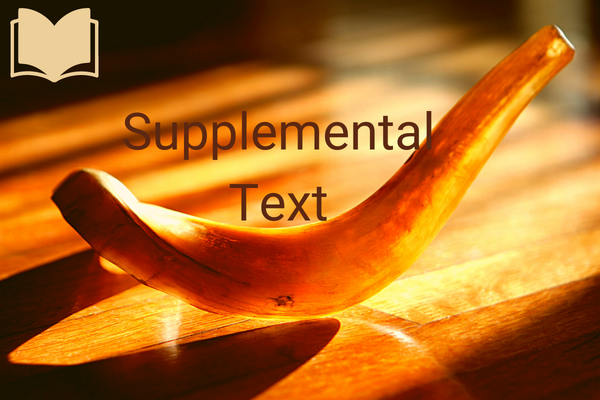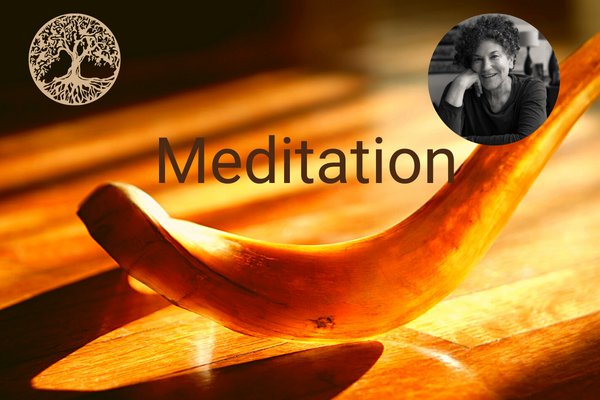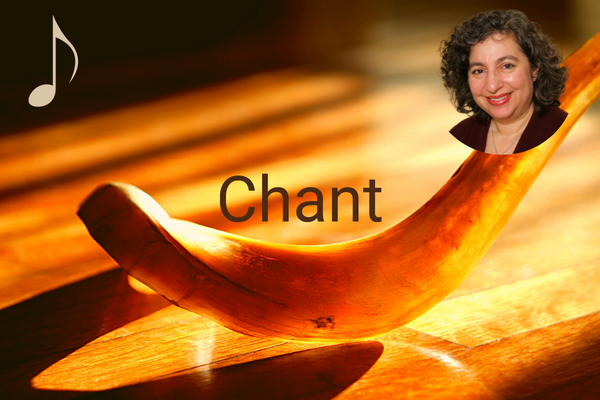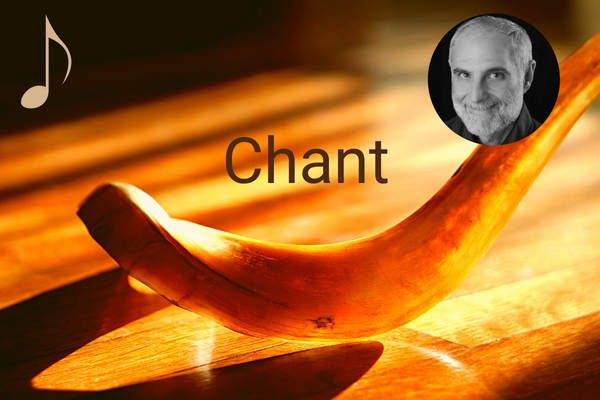ELUL 5782: TZELEM ELOKIM
In the Likeness of God
WELCOME TO WEEK SIX
This Week of the Elul Program is sponsored by the following Chaverim. Please honor them by reading their names. May our learning and practice be a merit for their neshamot.
We are grateful to all of our sponsors of the Elul Program and invite anyone who has not yet contributed to donate below. Thank you for your generous support.
WEEK SIX LEARNING
Chesed and Eiyen Tova
Loving-kindness and Generous Eye
With Yom Kippur just days away, we turn our focus to Chesed and Eiyen Tova, Lovingkindness and a Good or Generous Eye. This week’s materials provide the opportunity to both explore our theme and for you to reflect and integrate the lessons learned in this year’s Elul intensive. Indeed, many of the themes we focused upon these past weeks, and the underlying Divine attributes we have explored can be summarized with two words: Eiyen Tova - a good or positive eye.
Helaine Sheias leads the study of our primary text, which explores the Divine trait of, Ki chafetz chesed hu – For God desires Loving-kindness. Our supplemental texts discuss different aspects of cultivating an Eiyen Tova. We have chants from Rick Dinitz and Judith Golden and a meditation from Heather Westendarp to help elevate your personal practice. Our final Kabbalah practice focuses on Rabbi Yisrael Salanter’s direction to cultivate an Eiyen Tova. In addition, Rabbi Lauren Tuchman has gifted us a recorded practice called Nikudot Tovot – Finding Good Points, based on Rebbe Nachman of Breslov, which helps further illuminate the Eiyen Tova practice of Reb Yisrael. Finally, we invite you to integrate the lessons learned and to prepare a small Kabbalah resolution for Yom Kippur to become part your personal practice for the coming months.
We hope you have found this year’s Elul program to be meaningful and inspiring. Wishing you and your loved ones a Gmar Chatimah Tovah, may you and your loved ones be sealed in the Book of Life for a year of health, prosperity, and continued growth.
PRIMARY TEXT & ZOOM
Join us for this week's webinar:
10/2, 2:30 - 4:00 p.m. ET -
Chesed and Eiyen Tova/Loving-kindness and Generous Eye: Looking for the good in others.
Helaine Sheias, Assistant Director of Programming
THIS WEEK'S ELUL TEACHER
Helaine Sheias, Assistant Director of Programming
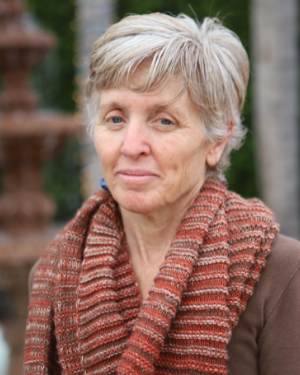
Helaine Sheias, Ph.D., made aliyah to Israel in her teens, served in the IDF, and settled in Israel for more than two decades. She is the co-author of the TMI Tapestry Courses and a graduate of the Yesod and Manchim Facilitator Training programs. She has facilitated many TMI courses where she guides participants to the sacred place of inner balance. This process facilitates circles of transformation and change by modeling spiritual awakening, and self-reflexive learning, or hitlamdut. Facilitating Mussar courses brings Helaine deep joy and a continuous sense of awe and wonder.
WEEK SIX LEARNING MATERIALS
Chesed and Eiyen Tova
Loving-kindness and Generous Eye
I. Pirkei Avot 2:9 and Rabbeinu Yonah Commentary
אָמַר לָהֶם, צְאוּ וּרְאוּ אֵיזוֹהִי דֶרֶךְ יְשָׁרָה שֶׁיִּדְבַּק בָּהּ הָאָדָם. רַבִּי אֱלִיעֶזֶר אוֹמֵר, עַיִן טוֹבָה...
He [Rabban Yohanan] said to them [his students]: Go out and observe which is the straight/righteous path to which a person should cling to? Rabbi Eliezer said, “a good eye…”
Rabbeinu Yonah
איזו היא דרך ישרה שידבק בה האדם. בכל המדות טובות והישרות יש לאדם להדבק בהם ר"ל להדבק במדה אחת להיות שלם בה כי טוב לאדם לאחוז במדה אחת בשלמות ונקל אליו להשיג ממנה אל כל המדות החשובות מהיותו בן כמה מדות ואיננו שלם באחת מהן. וזהו שאמר ר' אליעזר עין טובה. ר"ל מדת הנדיבות שהיא מדה נאה ומשובחת ואחר היות בתכלית הנדיבות על כל פנים ישיג אל המעלות האחרות.
Chesed and Eiyen Tova by Judith Golden
דַּי לִי בְּטוֹבָה זוֹ שֶׁיֵּשׁ לוֹ
Da li b’tovah zo shehyeish lo
“It is enough for me this goodness that this person has.”
כִּי חָפֵץ חֶסֶד הוּא
Ki chafeitz chesed, chafeitz chesed hu
Since God is One Who desires kindness
See with your heart, the goodness within
Respond with kindness
Delight in kindness
Tomer Devorah Chapter 1 Section 6
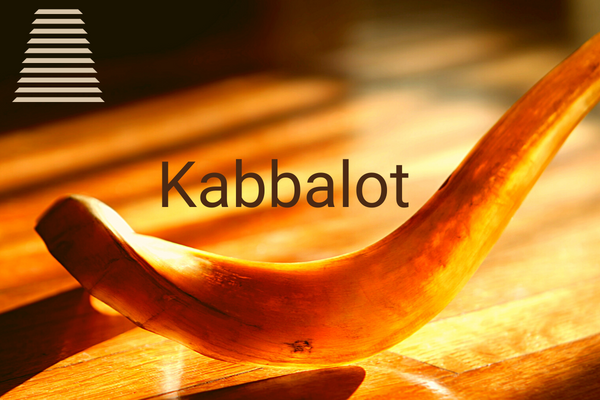
EIYEN TOVA PRACTICE
We are now in the period of Aseret y’mei Teshuva, The Ten Days of Teshuva, beginning on Rosh HaShana and culminating on Yom Kippur. These days are marked for the most intensive introspection of the year and a time that demands an added focus to bring our best selves to all our relationships.
Many of the themes we focused upon these past weeks, and the underlying Divine attributes we tried to incorporate into our spiritual practice, can be summarized with two words, Eiyen Tova - a good or positive eye. Bearing the burden of another’s wrongdoing, forgiving others with compassion, letting go of resentment in our hearts, and feeling a greater sense of connection with others, are all among the things made easier with an Eiyen Tova.
Rabbi Yisrael Salanter taught (Ohr Yisrael, letter 30) that to cultivate greater humility one should see how each person is greater than them in one area. As a practice of ben adam l’chaveiro (the realm of inter-personal relationships), he instructed his students to find and to focus upon the positive trait that each person possesses. This is the essence of having an Eiyen Tova.
Eiyen Tova Practice
1. Identify a person with whom you have a strained relationship. Perhaps this person has wronged you or perhaps you have trouble finding positive traits in this person.
2. Endeavor to bring your Eiyen Tova to this person: Identify a positive trait, which surely does exist. Focus on this positive trait. If possible, seek out a conversation or an in-person interaction with this person. Allow your Eiyen Tova to spill over to the encounter, bringing greater compassion, forgiveness or even love to the relationship.
Nikudot Tovot – Finding Good points
Rabbi Yisrael Salanter was not the only Jewish leader to advocate this practice of Eiyen Tova. Rebbe Nachman of Breslov, living in a similar time, advocated a practice he called Nikudot Tovot – Finding Good points – In others and yourself. Rabbi Lauren Tuchman shares the Nikudot Tovot practice with us to help further illuminate and elevate our Eiyen Tova practice for the week.
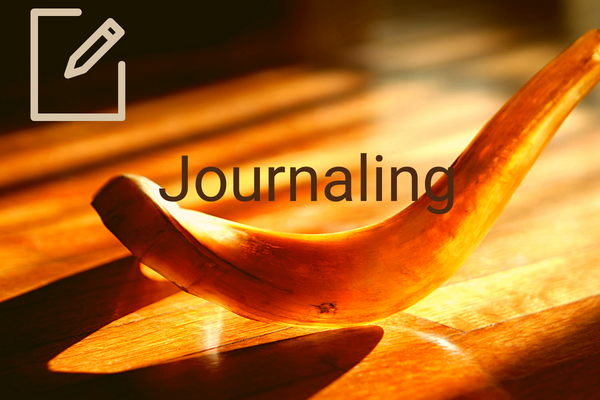
RETURNING TO OUR OPENING PRACTICE
In week one of our program, we described the widely accepted practice in the Mussar tradition during the month of Elul and the ten days leading to Yom Kippur of identifying one small personal kabbalah (resolution) you will take upon yourself at the close of Yom Kippur. We noted that Rabbi Yisrael Salanter cautions in Ohr Yisrael (letter 7) to make one small change from within the category we identify as an area that needs our attention. He calls this, “A lasting resolution in a small aspect.” The process involves identifying an area that needs change, and then, from within the larger category, discerning one small aspect you will work on in order to actually make a change.
We hope that our Elul program has brought insight and inspiration for your personal Mussar journey. And we hope that you have identified a personal focus. As we approach Yom Kippur, now is the time to select one small kabbalah resolution to be accepted on Yom Kippur as a part of your personal practice for the coming months. B’Hatzlacha! Wishing you success!
Journaling Prompts – Integration
1. What is one thing you have learned or that you have identified in yourself through your Elul study and practice? What might be a necessary change based on your new learning? How might you make this change a reality?
2. Consider your Eiyen Tova practice and your personal Kabbalah to be accepted on Yom Kippur.

